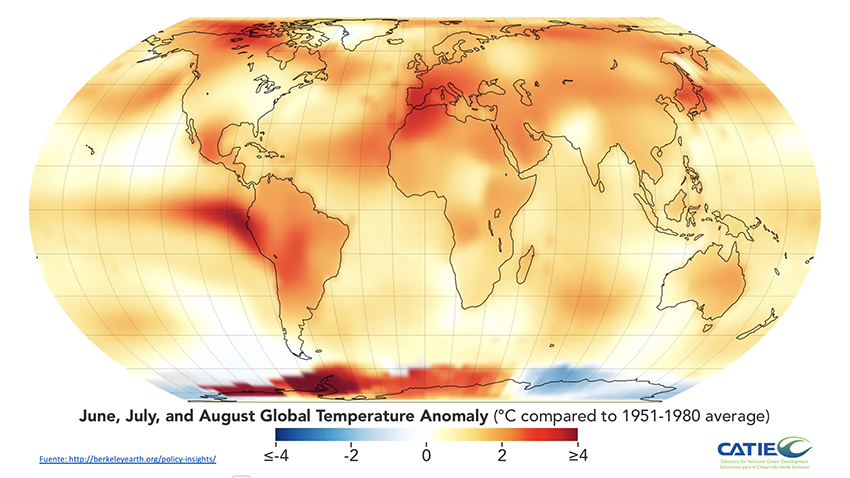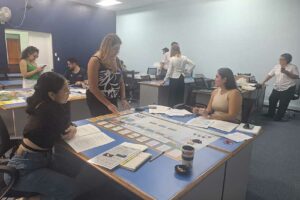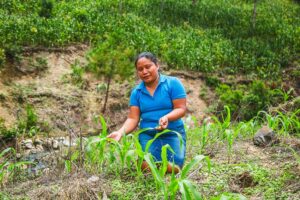What are the main climate change projections for Costa Rica?

- The country will experience an inhomogeneous warming that will have effects on biodiversity and the agricultural sector.
October 24, 2023. Costa Rica is facing an undeniable reality: the footprint of climate change. According to data from Berkeley Earth (2022), from the industrial era to 2020, land surface temperature in Costa Rica has increased by an average of 1.4°C.
San José, the capital, is not immune to this trend. Over the past 50 years, the city has experienced warming. This is largely due to the formation of a "heat island" caused by urbanization, where concrete and building construction retain heat, as opposed to green areas that absorb it.
However, it is crucial to understand that this warming is neither uniform across the country nor constant over time. Different future scenarios provide a more complete picture. In the RCP8.5 scenario, associated with high emissions, an increase of 1.1°C to 1.6°C is expected between 2010 and 2039. This warming will be more pronounced in the Caribbean and the Northern Zone, and less so on the Pacific slope (Alvarado L., 2021).
For the period 2040-2069, under the same scenario, an increase of between 2.4°C and 2.8°C is predicted. This time, the Talamanca mountain range, Central Volcanic Zone and Northern Zone will be the most affected, while the North and Central Pacific will feel less impact.
Under the RCP2.6 scenario (2070-2099), an increase of 1°C to 2°C is expected compared to the current climate. Interestingly, the Caribbean and Northern regions will experience slightly higher thermal increases than the Pacific slope (Alvarado L., 2021).
These trends have profound implications. By mid- to late-century, an increase of 2°C to 5°C is anticipated in most of the canton of La Cruz, with a smaller increase in higher elevations (Hidalgo H., et al. 2021). On Cocos Island, an increase in annual surface air temperature is predicted (Maldonado T. and Alfaro E. 2012).
These changes affect biodiversity. By 2070, most bird species will experience contractions in their geographic ranges. In Monteverde, for example, two species of Parulidae have increased their altitudinal distribution (M. torquatus and M. miniatus).
Humpback whales in the Northeast Pacific are also feeling the impact. Climate events such as El Niño and marine heat waves have reduced sightings and calves in breeding areas.
Climate change even affects sharks in Cocos Island. El Niño influences their presence and abundance, with species such as hammerhead sharks and spotted stingrays declining.
The agricultural sector has not escaped these transformations. Expansion of areas for coffee production is expected, which may generate tensions between conservation and agriculture. Sugarcane could suffer significant yield reductions.
Heat stress is also a concern in livestock farming. The Temperature-Humidity Index indicates productivity losses, especially in Guanacaste.
In terms of total emissions since 1970, transportation leads. Followed by other industrial combustion, other sectors, construction and the electricity sector.
All these projections are based on studies that were analyzed by the Climate Action Unit of CATIE (Tropical Agricultural Research and Higher Education Center).
More information:
Lenin Corrales
Senior Researcher
Climate Action Unit
CATIE
lenin.corrales@catie.ac.cr
Sources: Berkeley Earth, Alvarado L. (2021), Hidalgo H., et al. (2021), Maldonado T. and Alfaro E. (2012), Aguilar E., et al. (2005).
Written by:
Karla Salazar Leiva
Communicator
Communications and Marketing Office
CATIE
karla.salazar@catie.ac.cr
Tag:calentamiento, climático, costa rica



